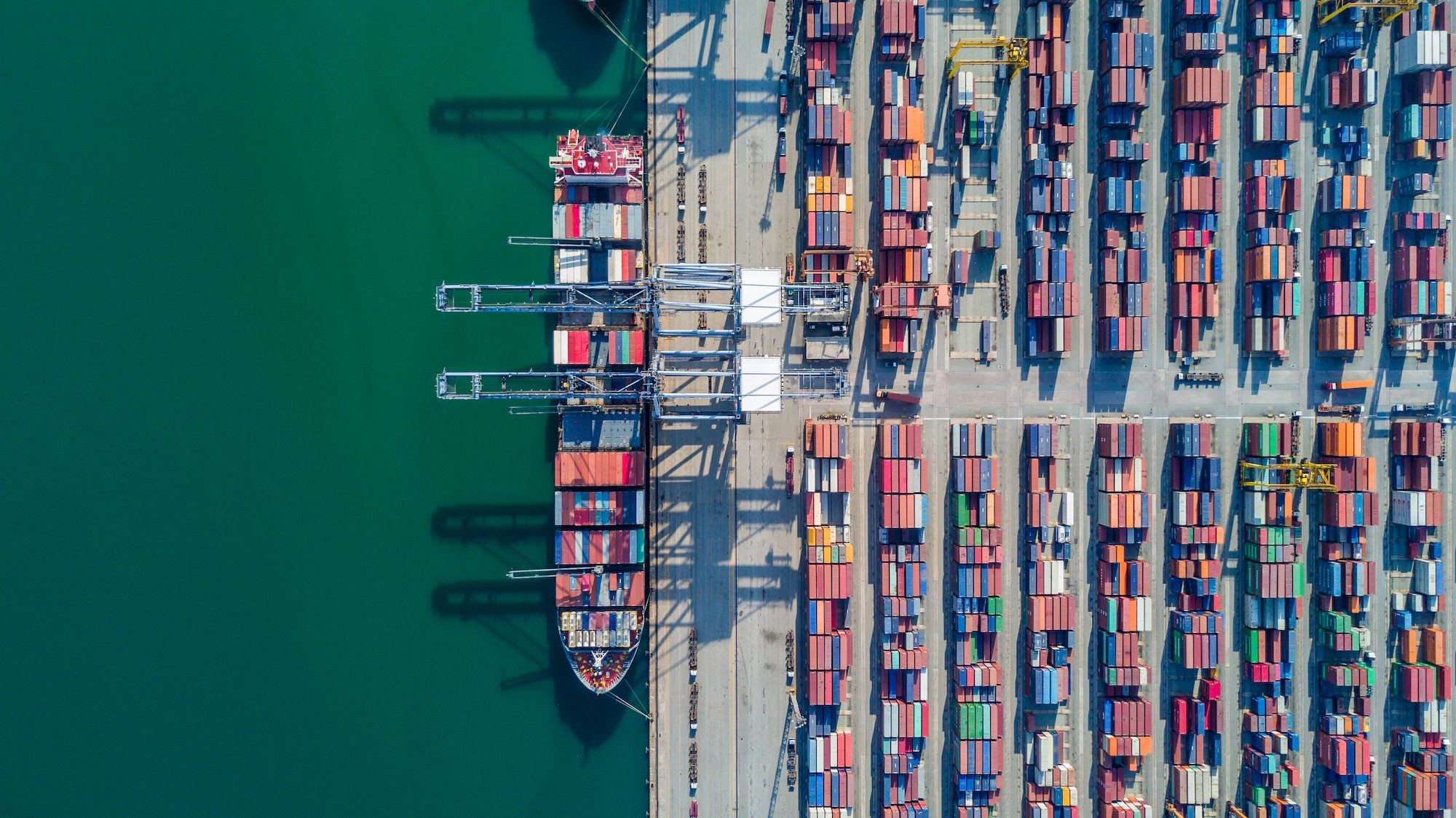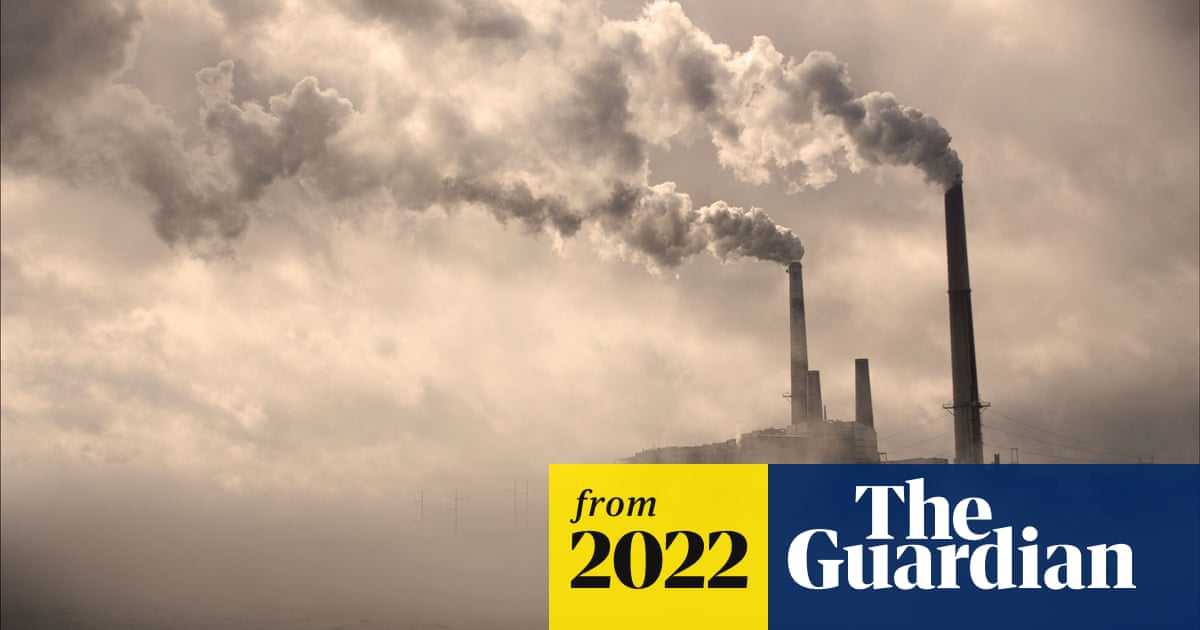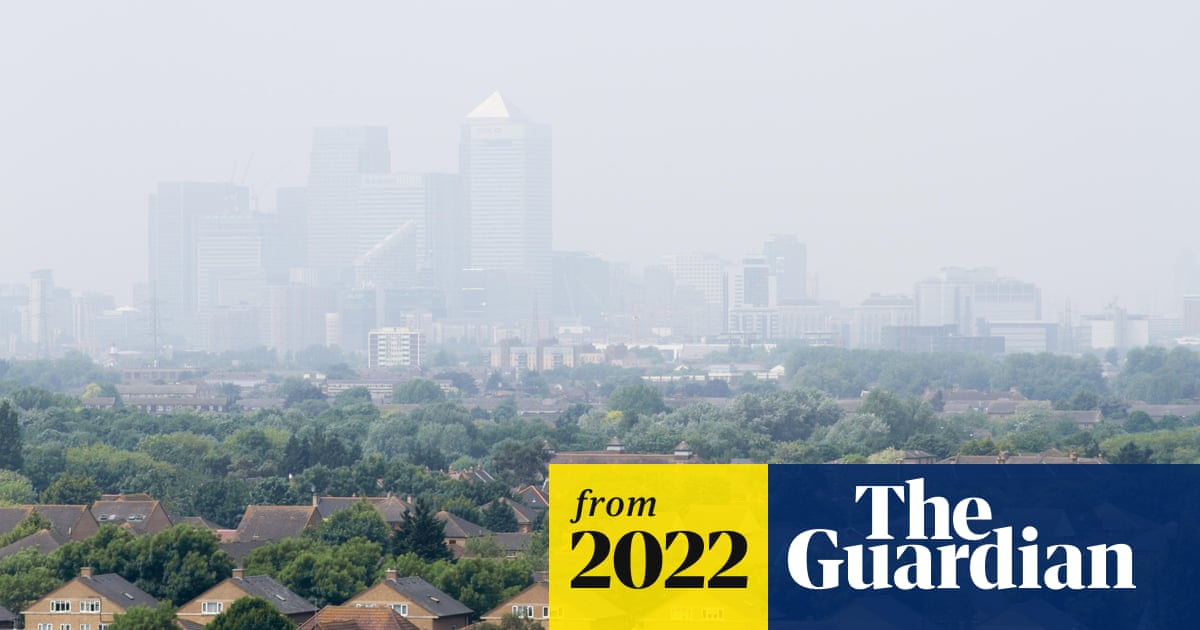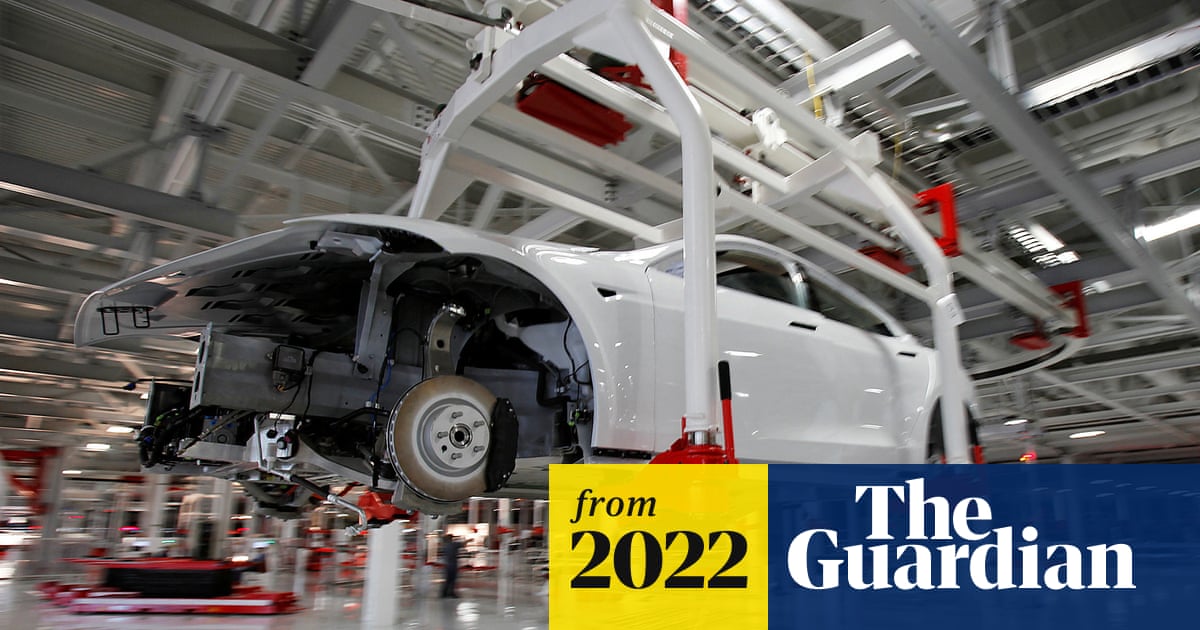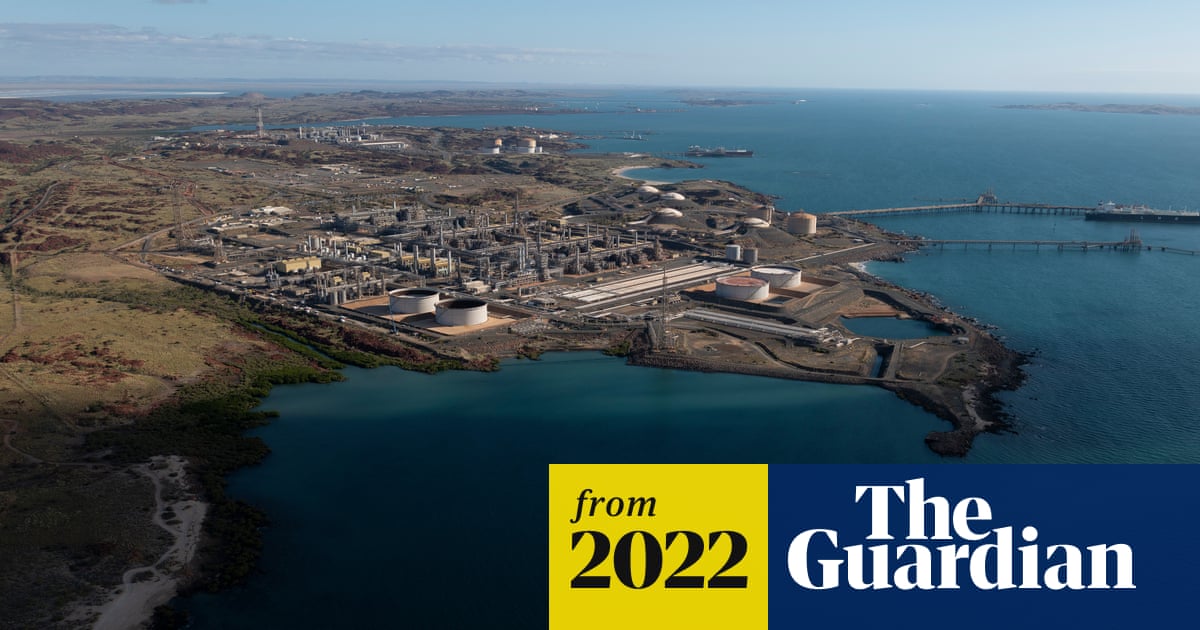If you go back to when the ECT was put together it was an attempt to encourage the ex Warsaw Pact / Comecon / USSR countries along the path of democracy and market economies, rather than spiralling into a very dangerous mess (much much worse than it has). The obvious way to do this was to integrate the economies of W and E so that economic benefits would flow in both directions (aka wandel durch handel), and generally the east would develop in a pacifistic democratic manner. But this required massive western financial investment into the east to enable the oil & gas fields to reach their potential for all parties. And that in turn required legal certainty so that the investments, once made, were relatively safe from political risk. Hence the ECT which if you look extends further east than just Russia and includes all the Stans. In principle the ECT is agnostic with respect to energy source, and indeed back when it was drafted it was unclear how fast renewables would come to fruition. If you recall back then big hydro and big nuclear were candidates for massive increases, and we were already trying to understand how fast we could scale what were then called the "new renewables" to distinguish them from the "old renewables" (of hydro, biomass). (I know this stuff because I worked on some of this in one of the big oil companies back in this time, in fact I got told off for working on the renewables too much).
To a great extent it has worked. There has been widespread peace in Europe and the ex WarPac states with only limited conflicts for about 30-years since the wall came down. But it has failed in two significant ways, one of which was foreseen as a risk, the other less so. The failures are:
1. The extent to which core-Russia has flipped on to the non-democratic pathway. This in many ways is the fault of the right wing of US politics, as they stymied the more inclusive approach that was the original partnership development model envisaged by (amongst others) George W Bush. The result was a perfect disaster of mafia-style raping & looting of Russia aided, abetted, and in many ways led by the vampire squid elements of the US banking sector using the tenets of unfettered capitalism as camouflage. That ultimately begat Putin et al as a response. The EU was able to salvage most of the European Comecon countries, and the combination of EU carrot and NATO stick has kept the Balkans just about on a positive pathway with various ups and downs and ups. Ukraine, Georgia, and Moldova are still very much in play as we can see. However Russia itself and the Stans were basically lost by the West's own ineptitude. That in turn means the various Russian state proxies (Gazprom, Rosneft, etc) can use provisions in the ECT in any way they see fit, however unreasonable - the specifics are complex because Russia never ratified but the dispute resolution mechanisms are accessible to Russia.
2. The contradiction between long term investments in fossils and cumulative damage mechanisms in climate change, and the extent to which the global political system would not act fast enough to resolve this before those contradictions got out of hand. That is what this particular court case is about as other attempts to update/reform the ECT have not come to fruition. These failings are not just ECT-specific, indeed they are endemic in pretty much all human economic activity in the last 30-years*, so it would be unfair to single out the ECT as being the only example of these failings. However this particular legal case is also a good example of the lawfare that I expect to see much more of over the next few decades. In fact I believe I linked to a higher level exemplar only yesterday **
Anyway the underlying point is that the ECT was a well-intentioned effort that has in many ways been sucessful, but not entirely so.
Energy Charter Treaty - Wikipedia
* I say 30-years because that is when I began working in the energy sector and we could both see (more accurately, glimpse) the climate change (and peak anything) issues, and see/glimpse solutions, and the global political system for the first time ever had a possibility of addressing them. So the triad of puzzle pieces was tantalisingly beginning to come into focus in a solvable way. All time before that basically was either unknowable and/or unsolvable imho.
**
Finance, geopolitics cast shadow over climate talks
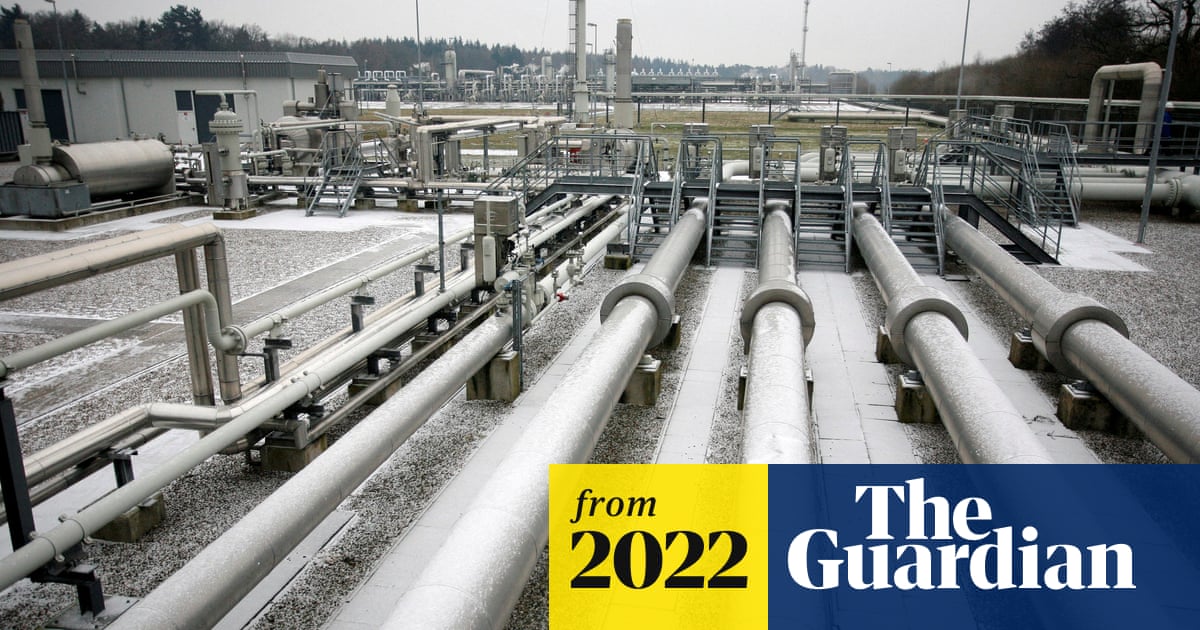
 www.theguardian.com
www.theguardian.com




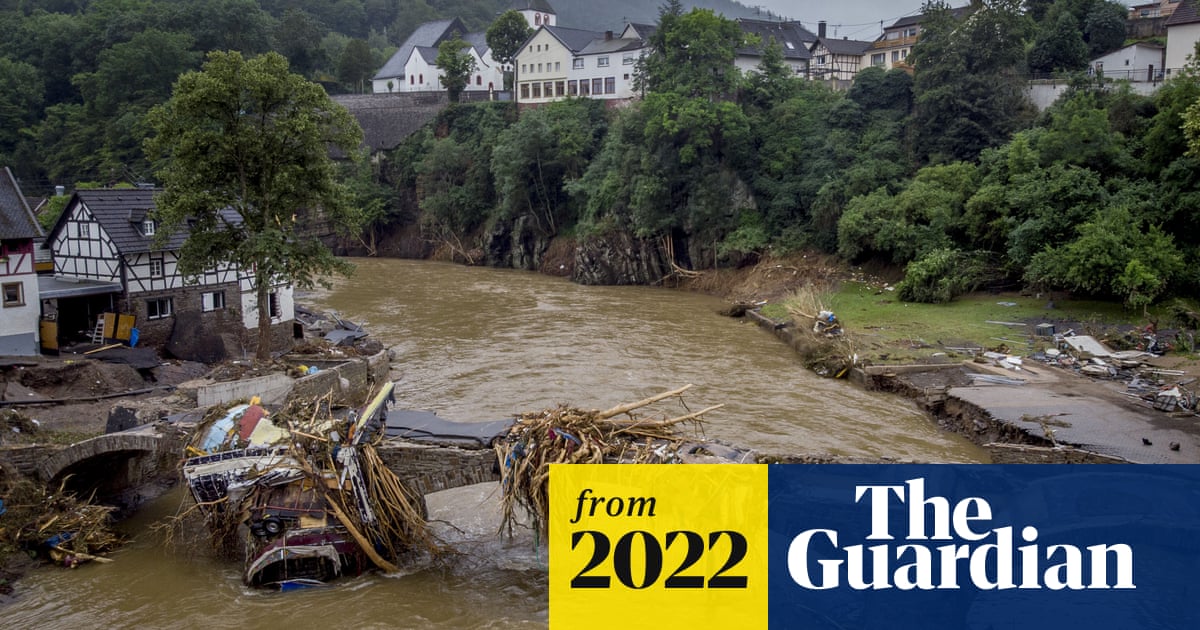
/cloudfront-us-east-2.images.arcpublishing.com/reuters/BI2Z4I2M7VJCJHPDP4CZ5KBW2U.jpg)
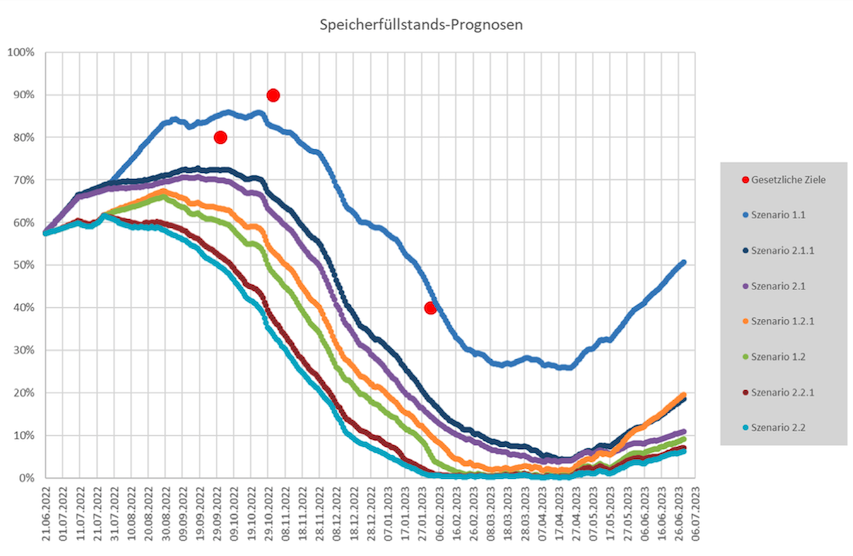

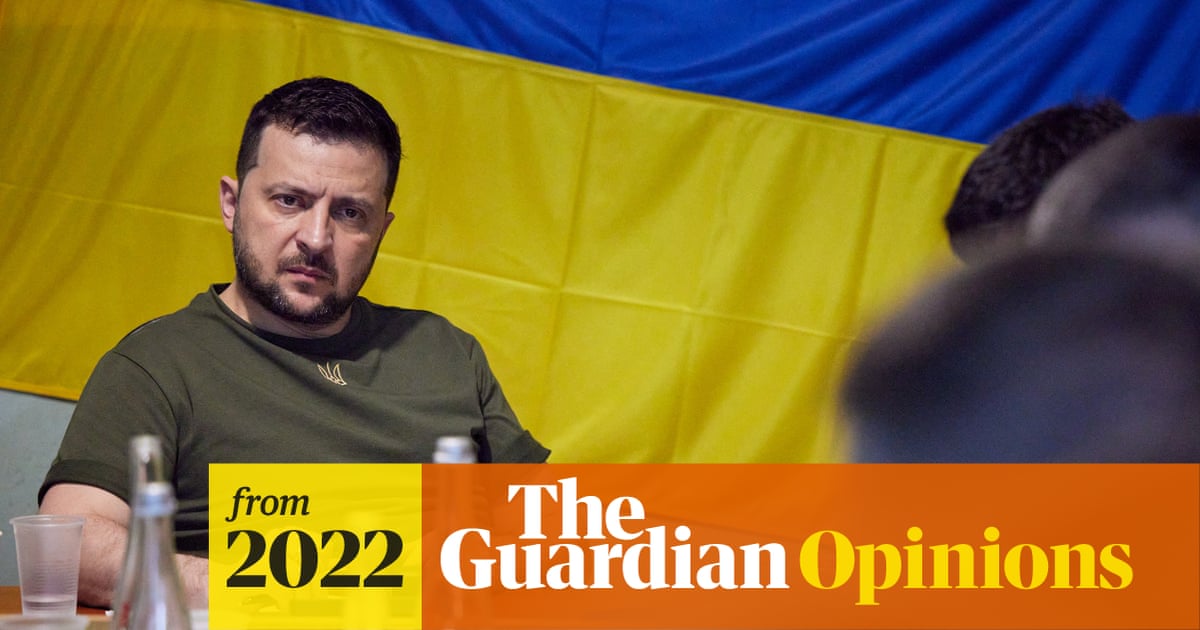
/cloudfront-us-east-2.images.arcpublishing.com/reuters/YERISSDG4RPBZCCCKOZCHSAFOU.jpg)
/cloudfront-us-east-2.images.arcpublishing.com/reuters/FHPBOWSBFVNBTBYTYBTNNT7L7M.jpg)
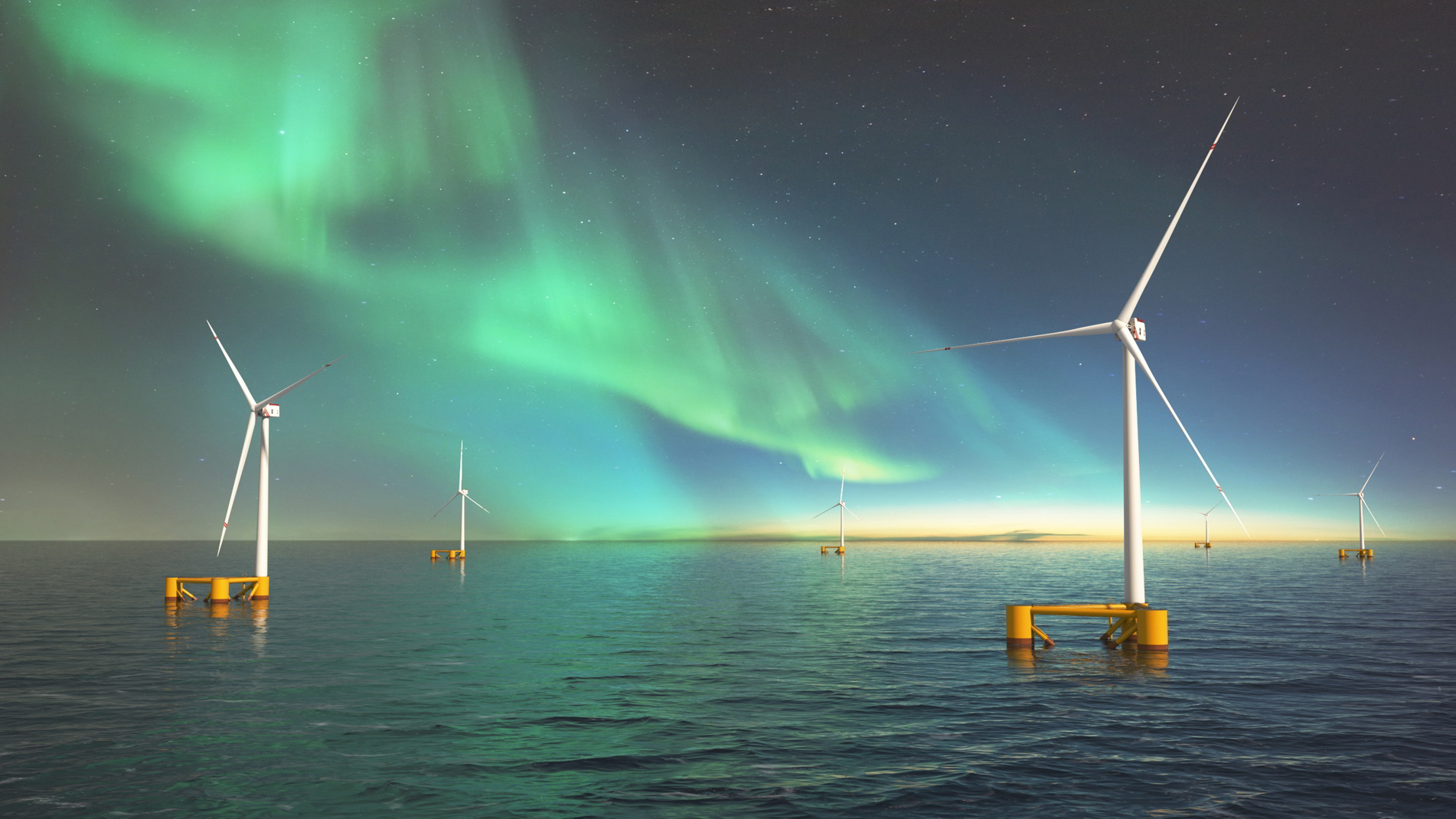
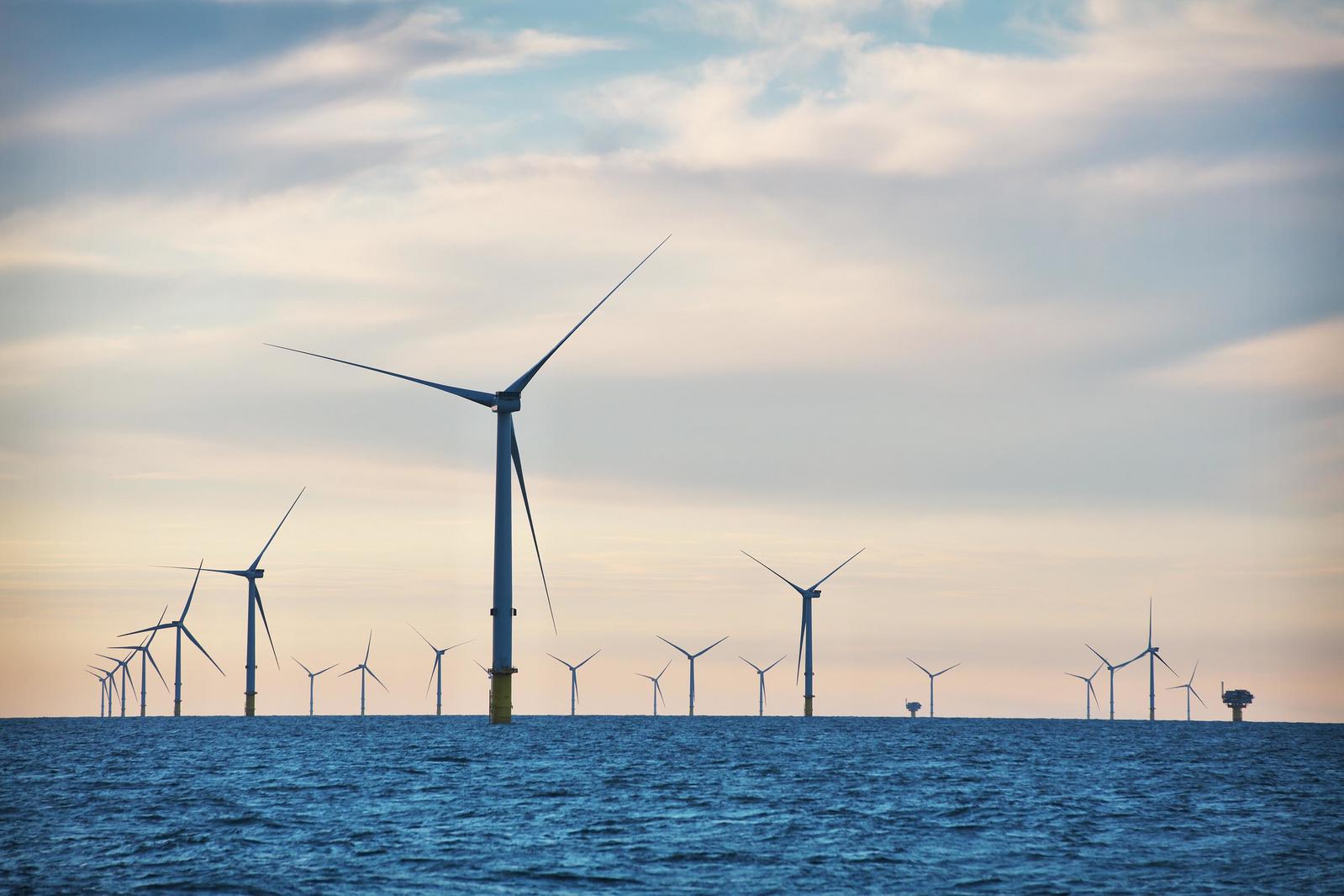
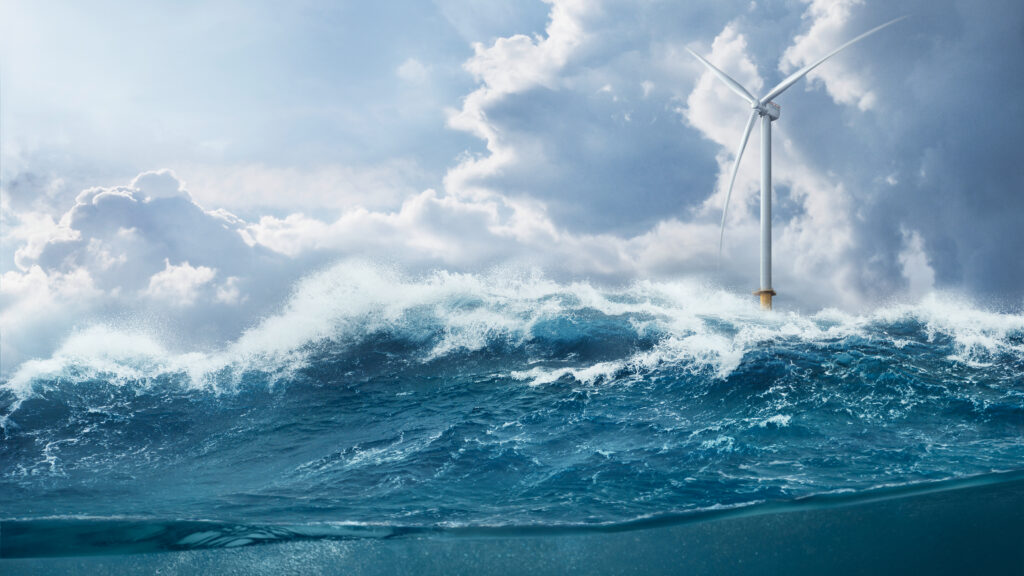
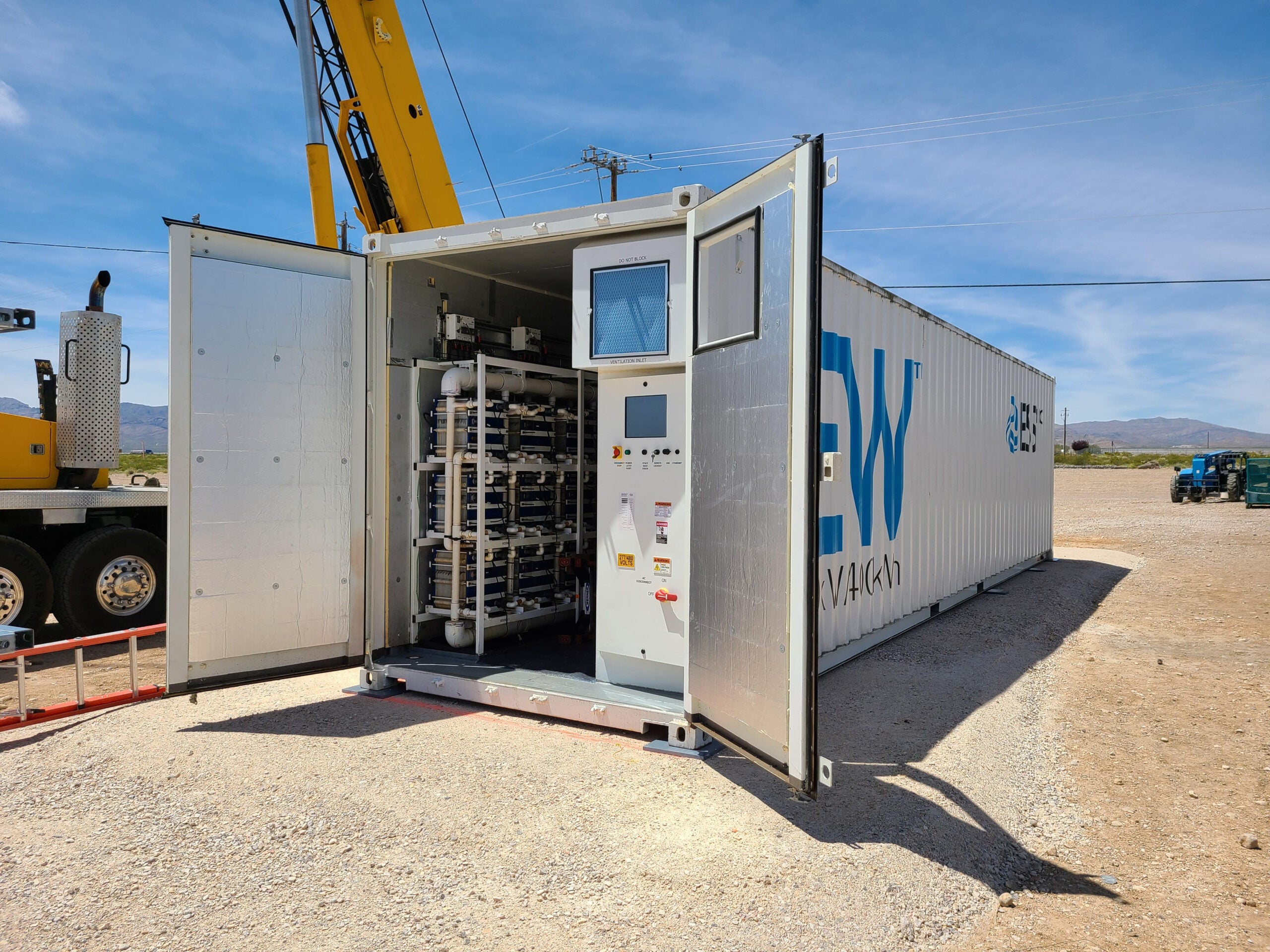
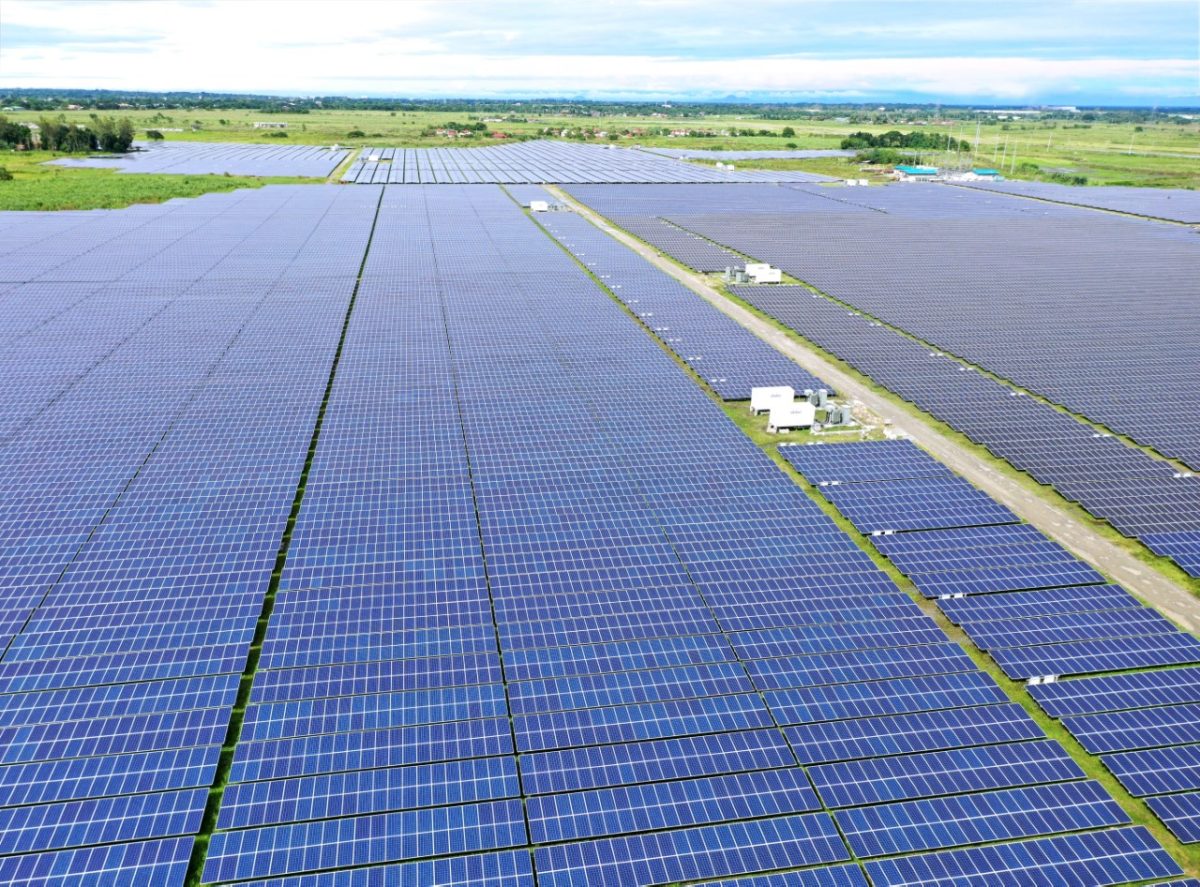
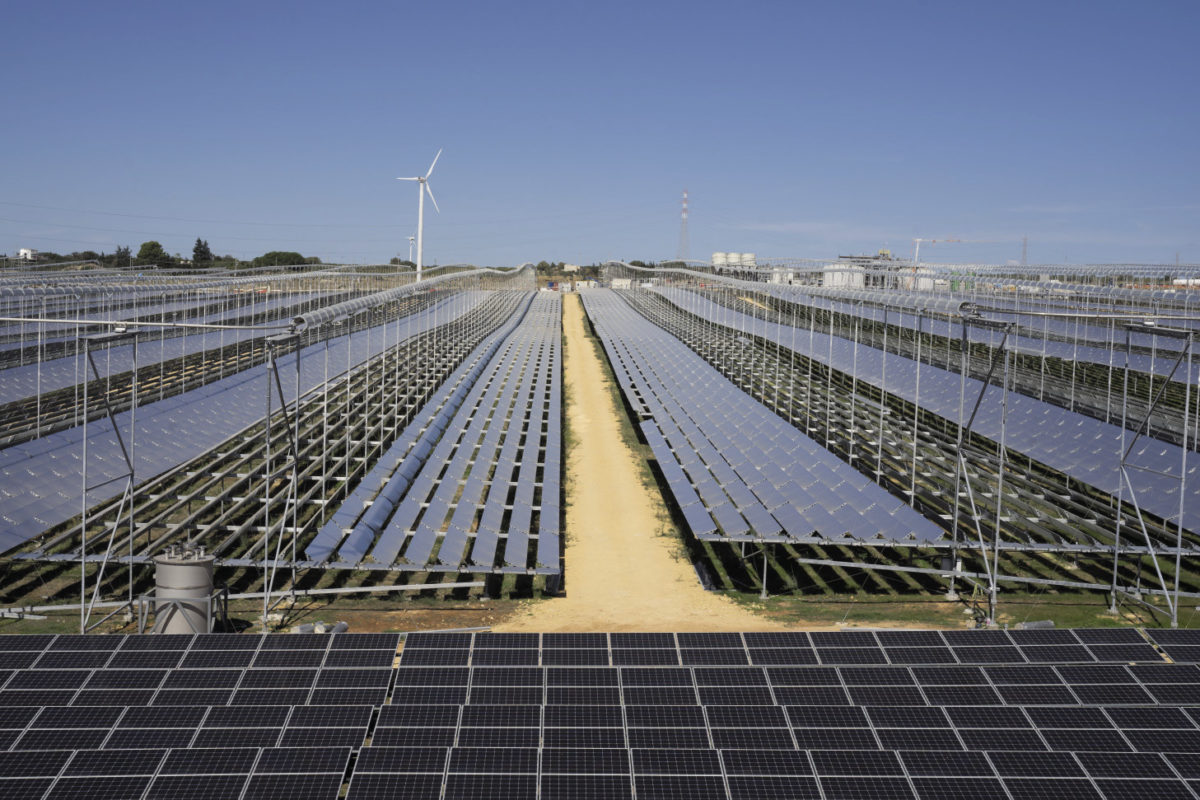
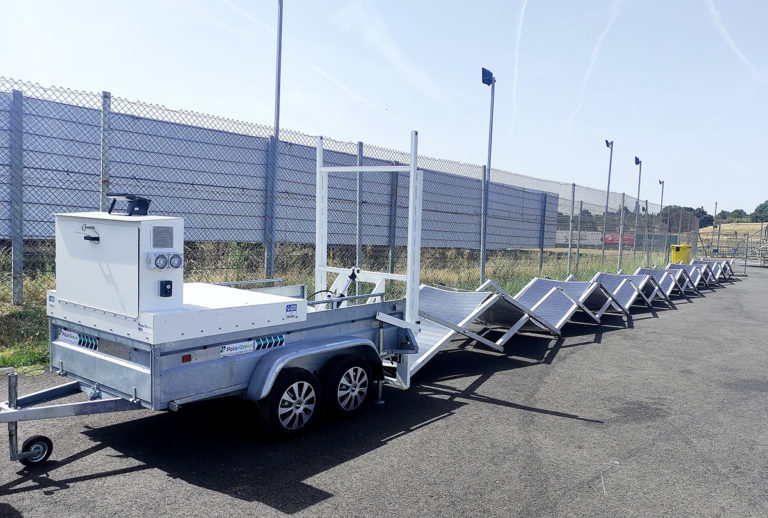
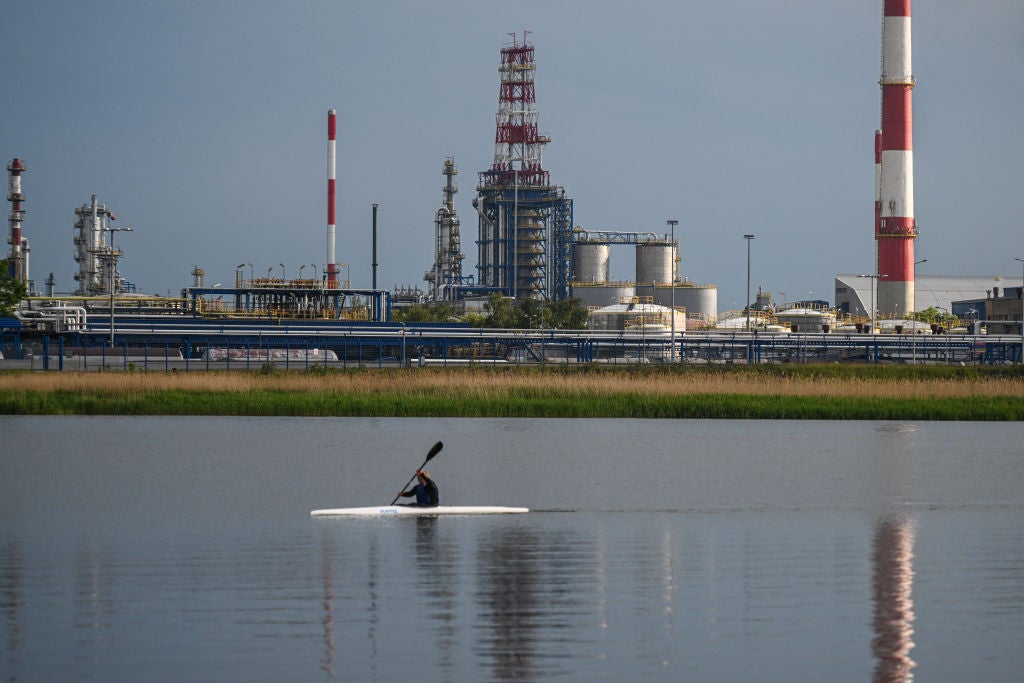

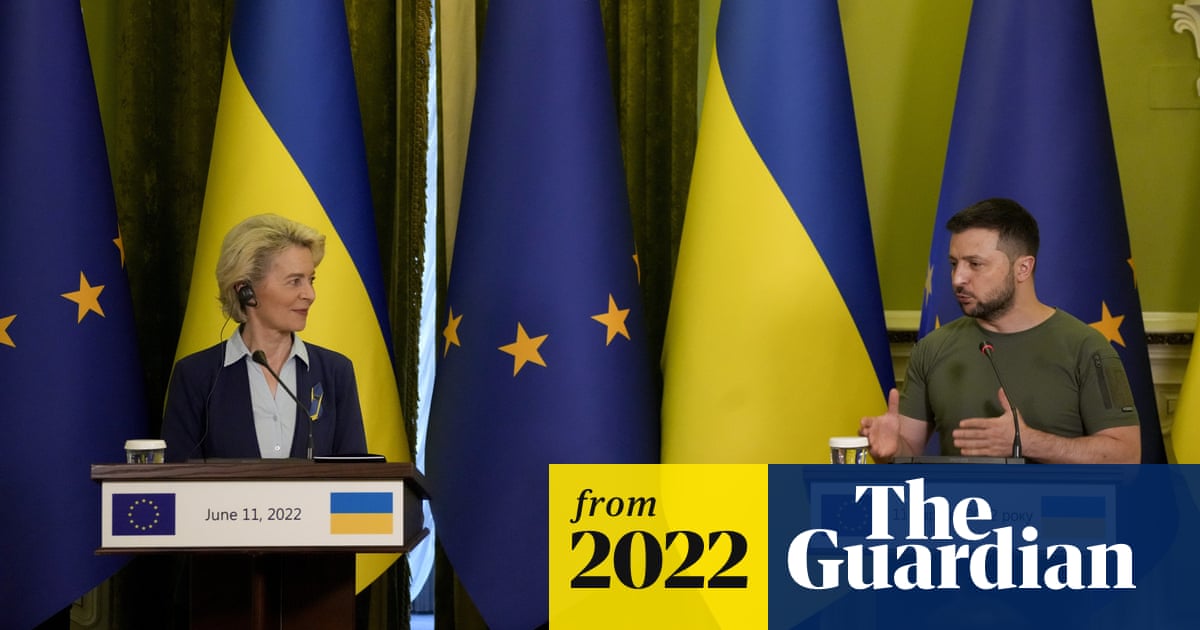

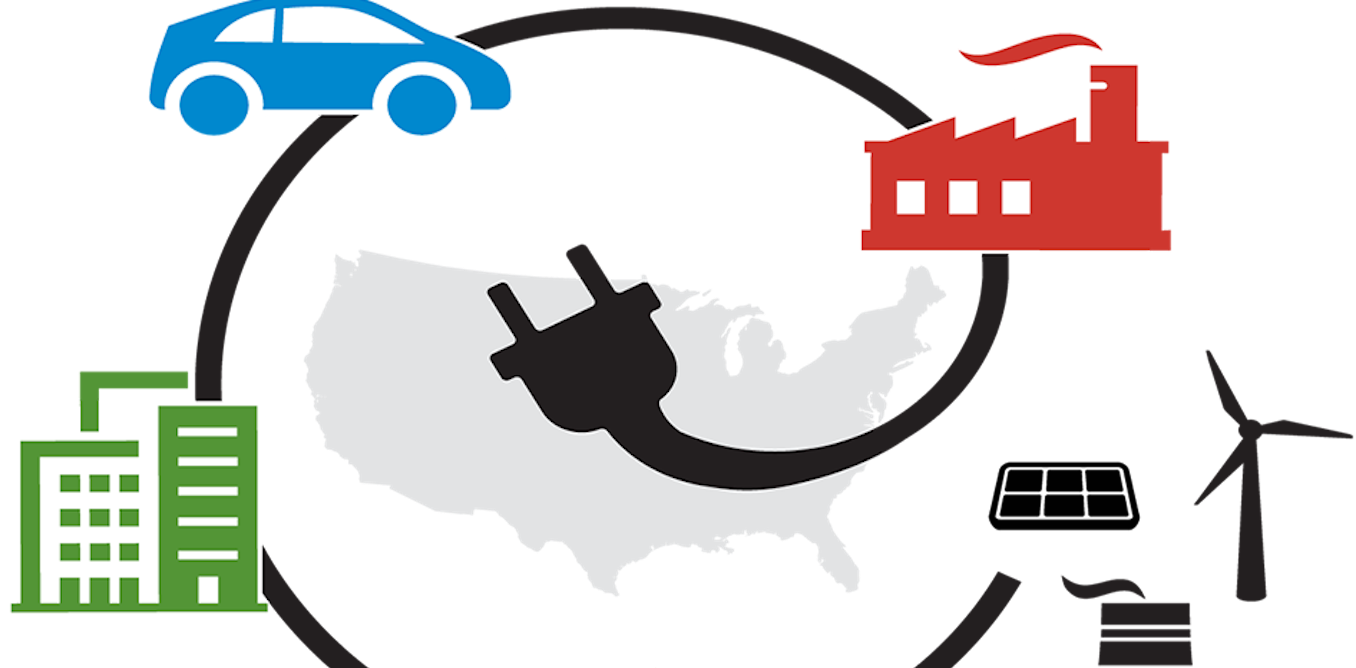


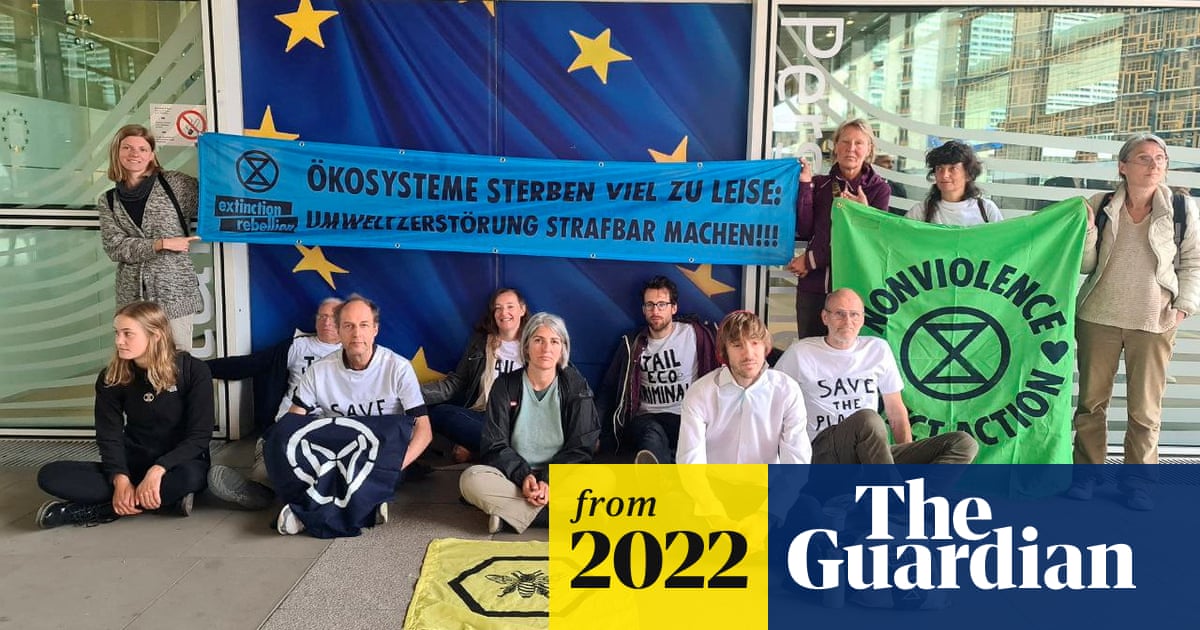


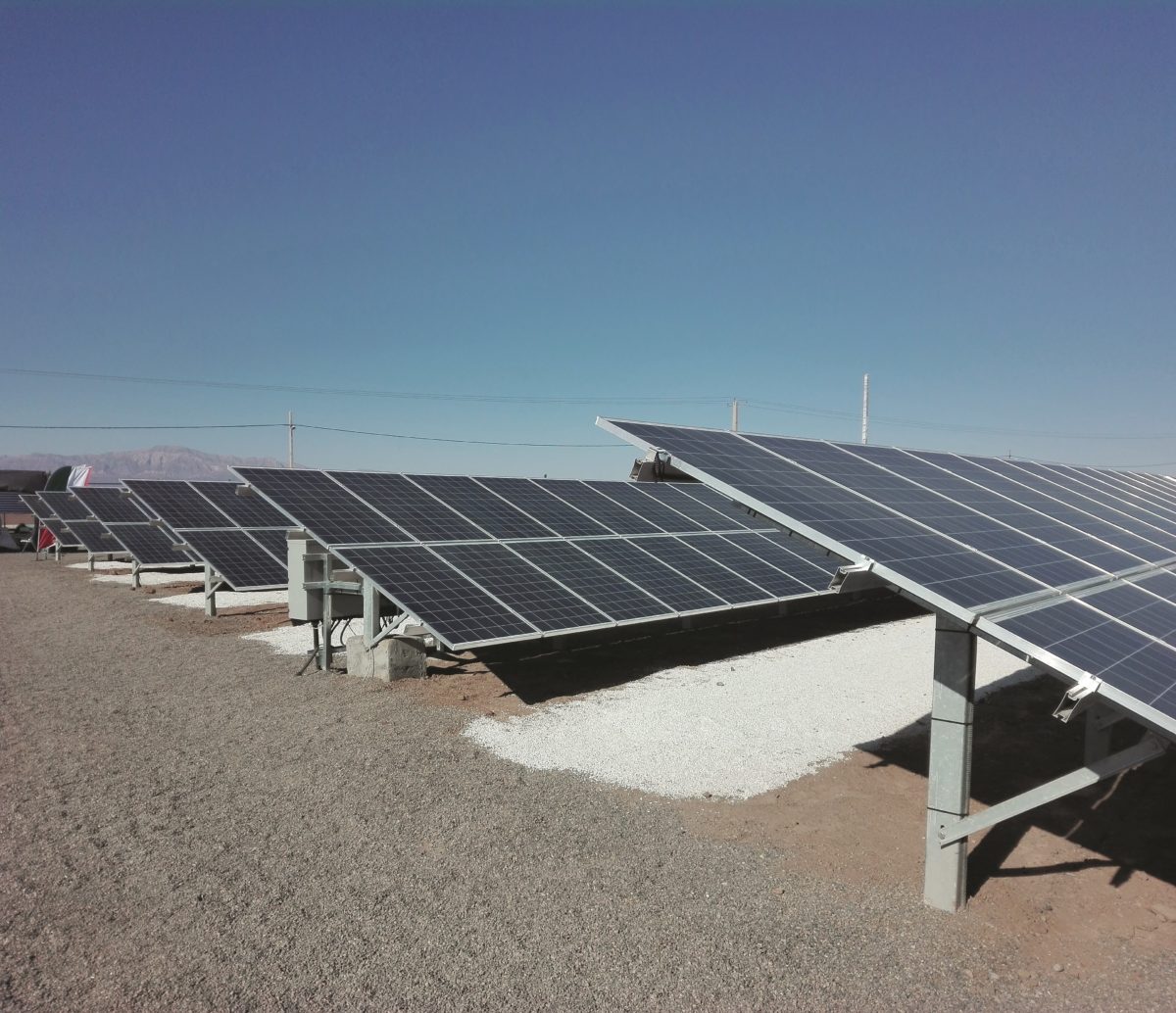


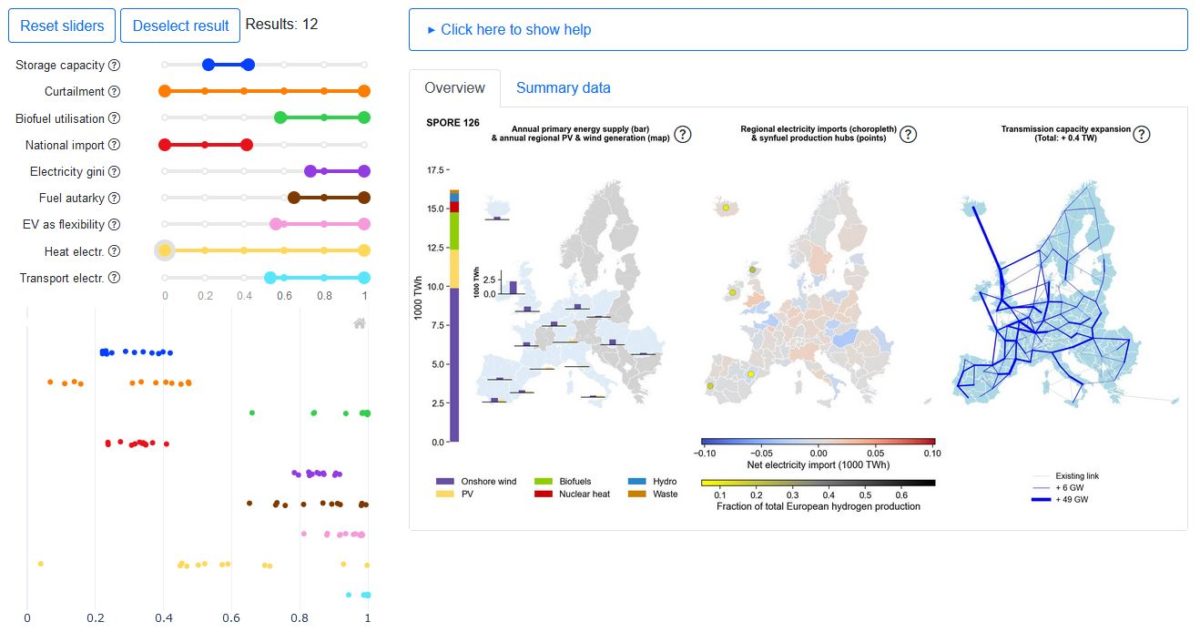
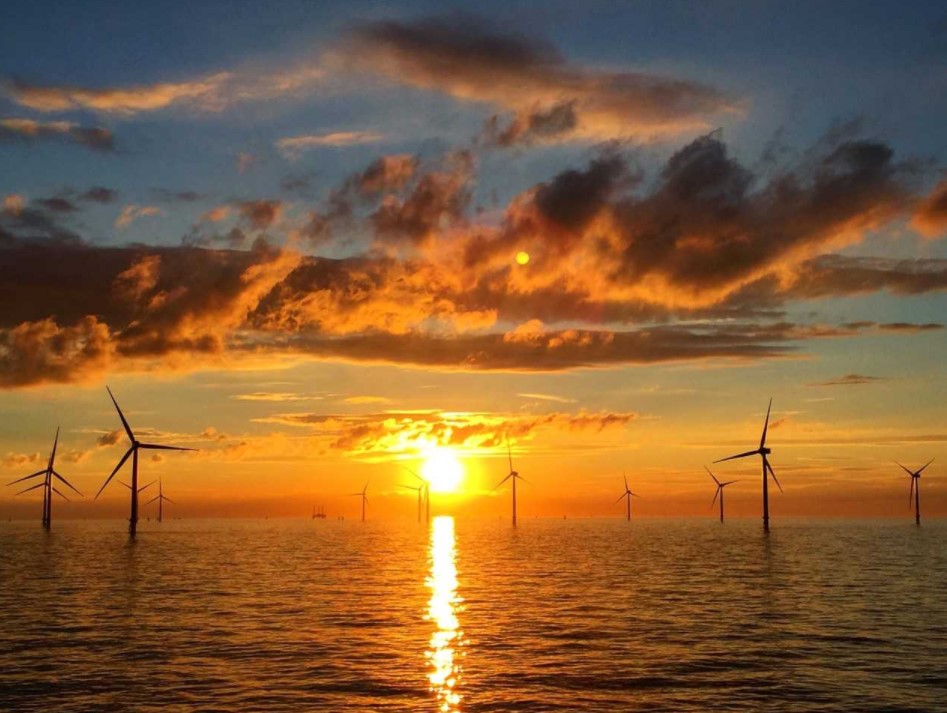



/cloudfront-us-east-2.images.arcpublishing.com/reuters/JQBVVLXNN5MDDA5SBOZNZ65BQQ.jpg)

/cloudfront-us-east-2.images.arcpublishing.com/reuters/4HWYZU46QNKELKGGSDS2HQMP64.jpg)

/cloudfront-us-east-2.images.arcpublishing.com/reuters/RUESAQAZCZME5OAVBWUOINDEWU.jpg)
/cloudfront-us-east-2.images.arcpublishing.com/reuters/3ZHJQG7JRBMJ7GW2QUM4OWT3QE.jpg)
/cloudfront-us-east-2.images.arcpublishing.com/reuters/ALBZ7X6ICVJOZD3I3ODBUPZ5KA.jpg)
/cloudfront-us-east-2.images.arcpublishing.com/reuters/MHRU54JKBNLJBCUAUI7M2BZPCE.jpg)
/cloudfront-us-east-2.images.arcpublishing.com/reuters/PZEB2J6Y7FNI5NPQIRVUZRZACU.jpg)
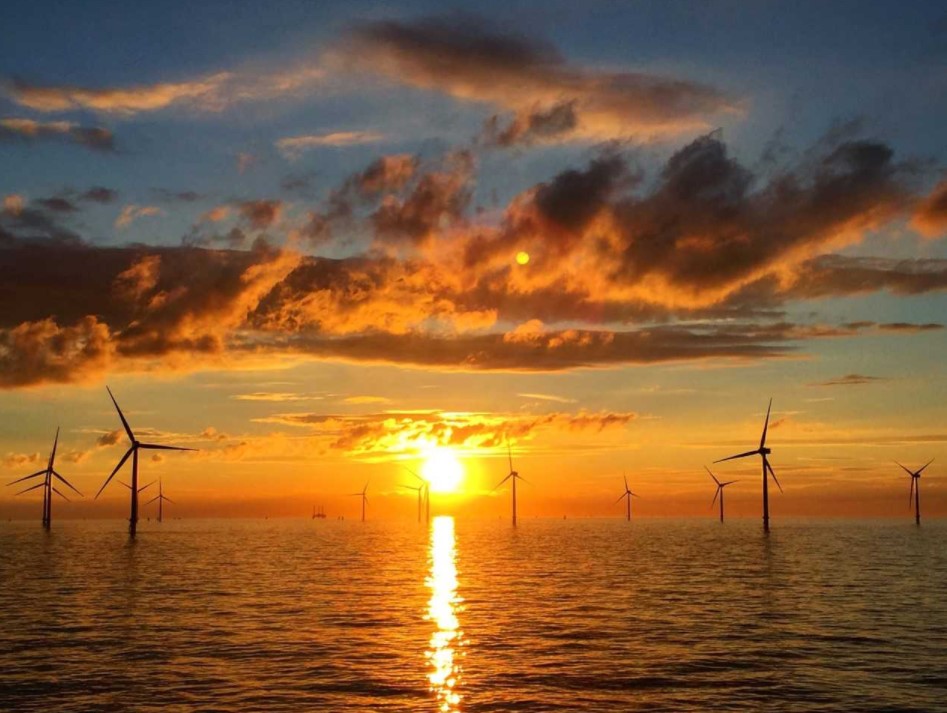

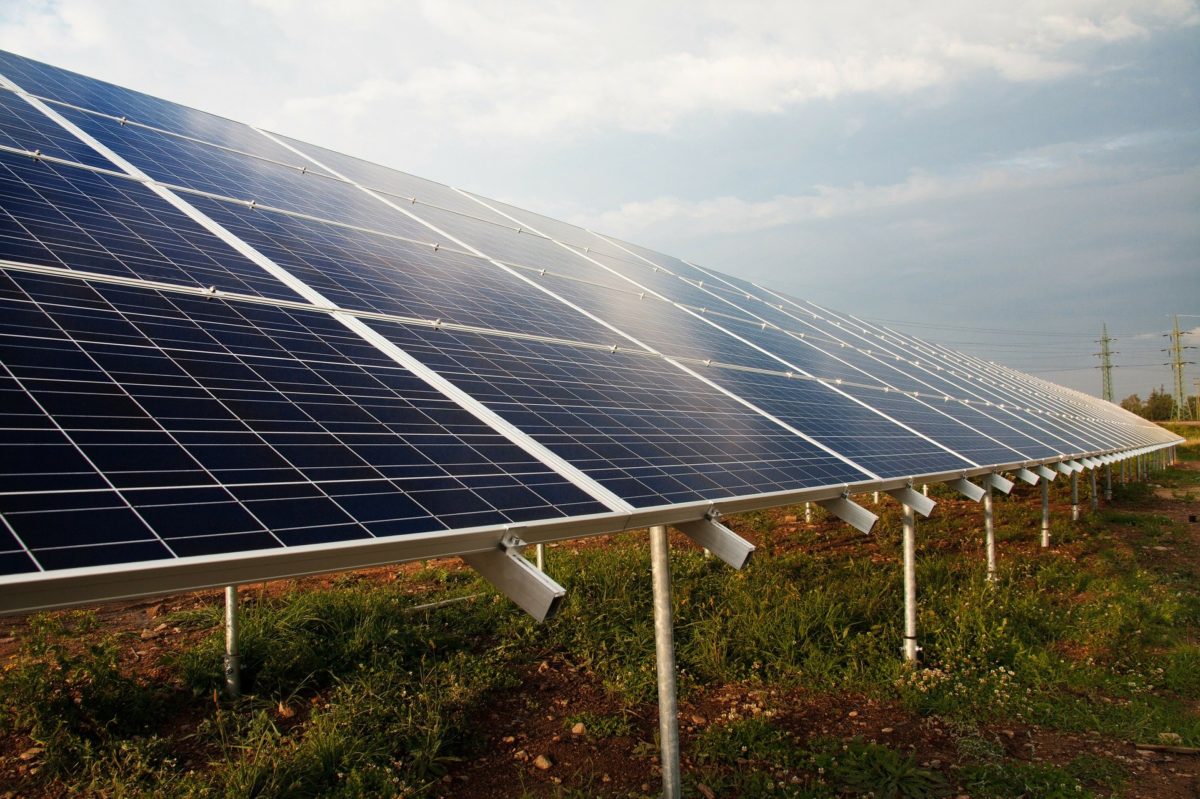




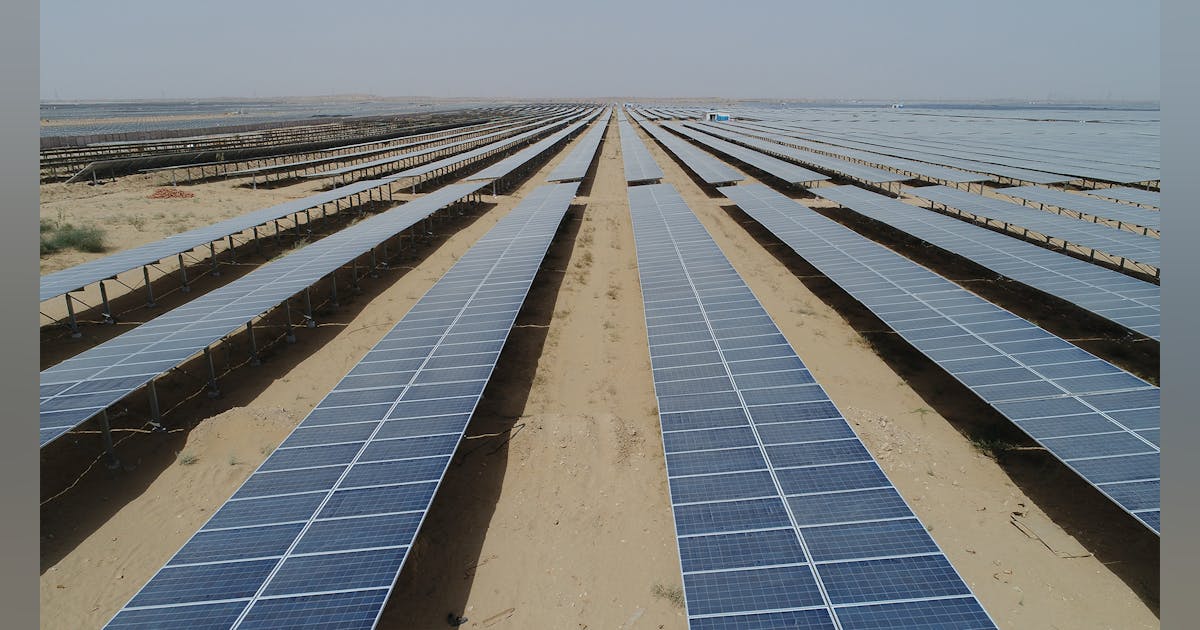

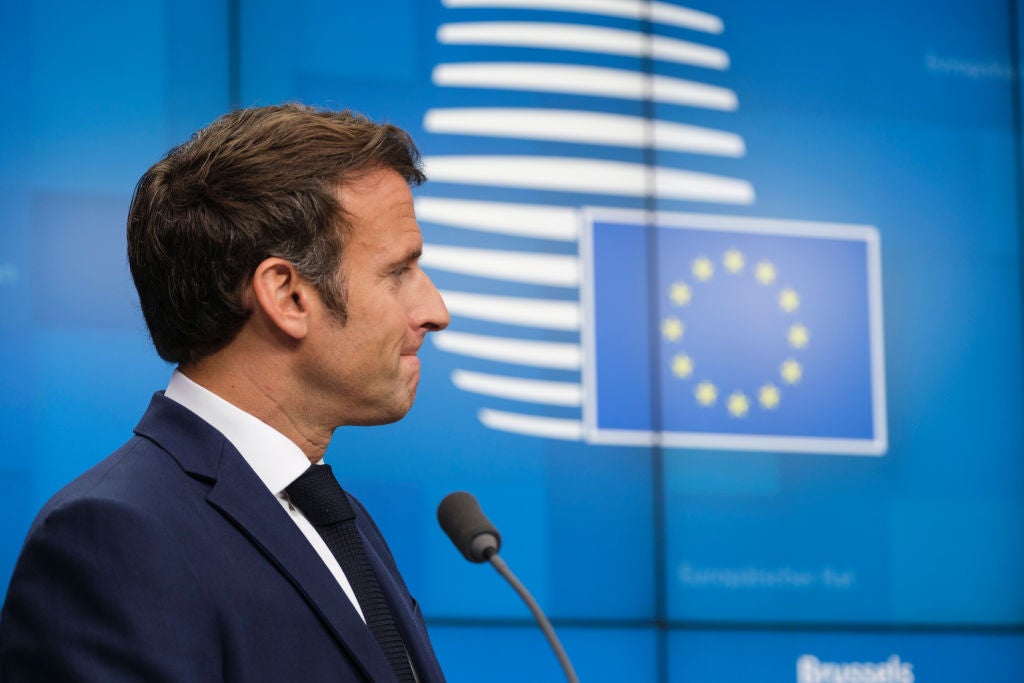
/cloudfront-us-east-2.images.arcpublishing.com/reuters/QBRCZXV665L7VA5SMI3KWEF56U.jpg)

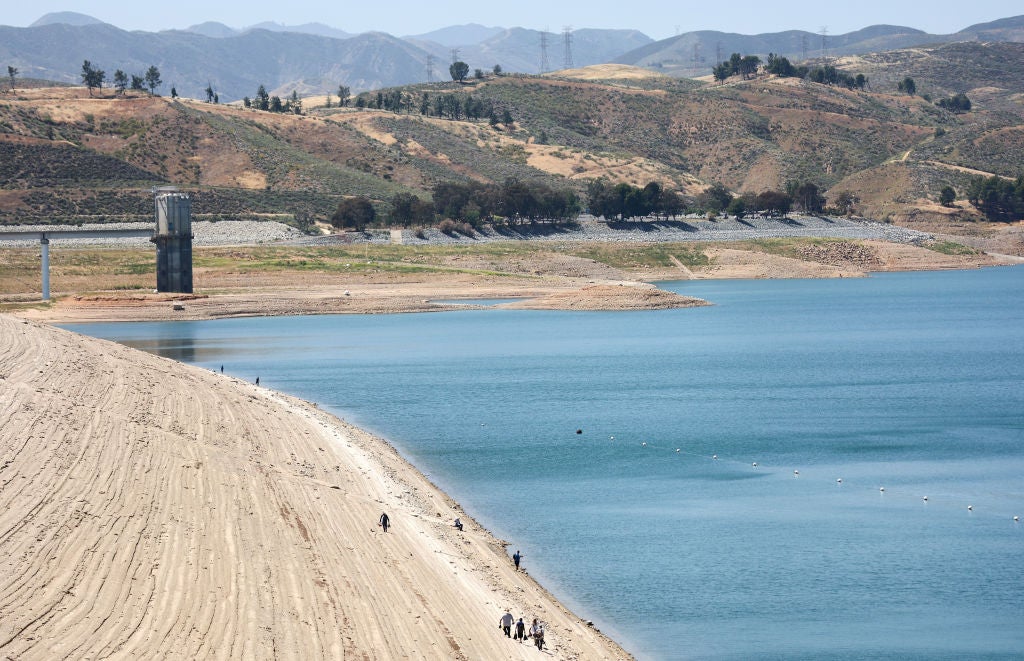

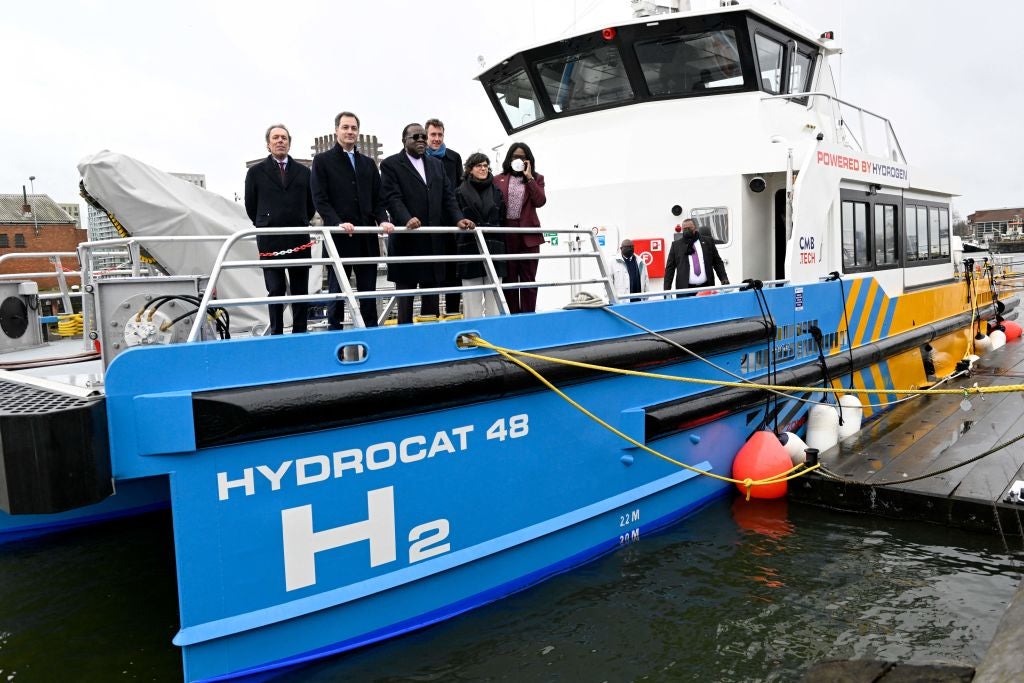


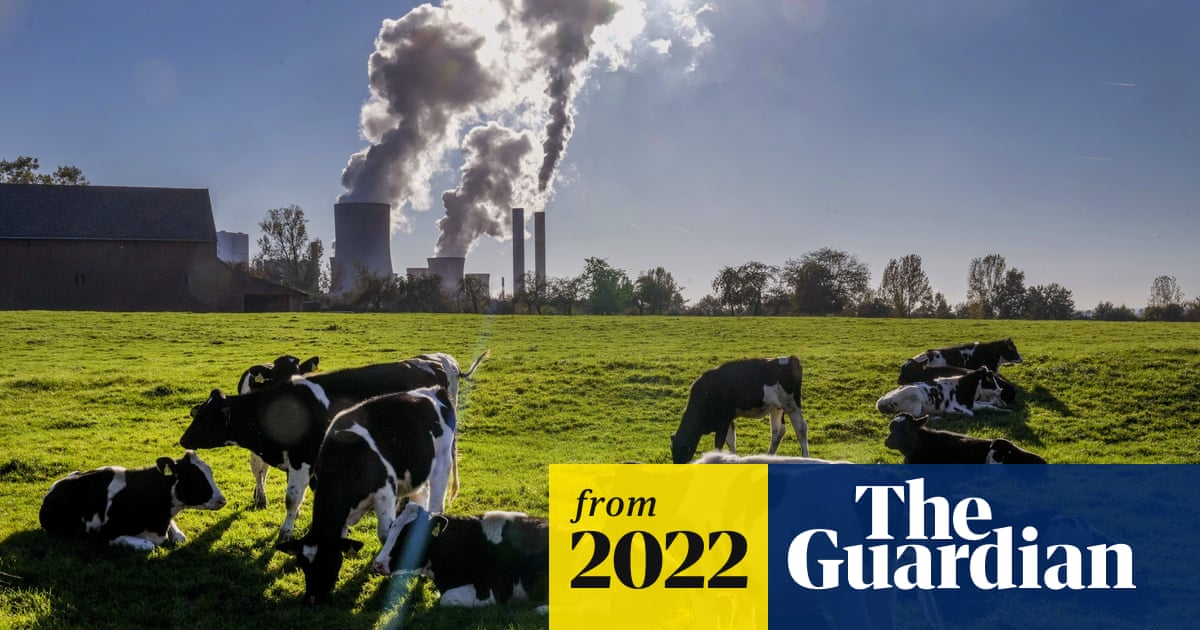

/cloudfront-us-east-2.images.arcpublishing.com/reuters/MSCQURTLBVO3BAMUL4TY5HCS3Y.jpg)
/cloudfront-us-east-2.images.arcpublishing.com/reuters/PCZ5ORBUANLDFCUJXOXHX6FIUY.jpg)
/cloudfront-us-east-2.images.arcpublishing.com/reuters/7RXTNSJG3ZKGVOAIRCMSKEGGHE.jpg)
/cloudfront-us-east-2.images.arcpublishing.com/reuters/E23HRMT7VNLN5IO4YIILKISXEY.jpg)
